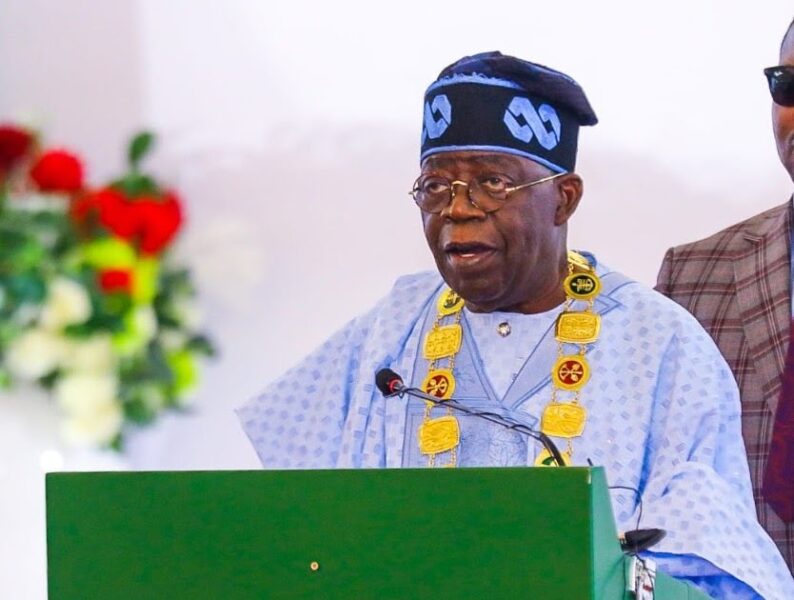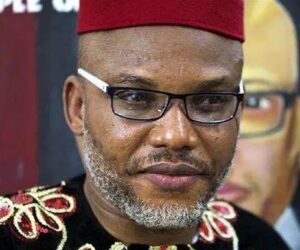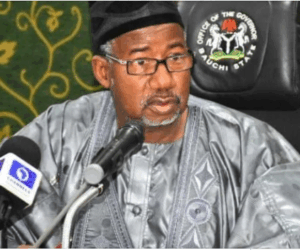Nigeria is set to raise up to $2.3 billion through Eurobonds to address the 2025 budget deficit and refinance maturing international debt, according to Sanyade Okoli, Special Adviser to President Bola Tinubu on Finance and the Economy.
Speaking at an investors’ forum on the sidelines of the IMF/World Bank Annual Meetings in Washington DC on Wednesday.
Okoli outlined the federal government’s strategy to tap international capital markets later this year, contingent on favorable market conditions and guidance from transaction advisers.
The issuance aims to refinance a $1.18 billion Eurobond due in November, with the balance supporting Nigeria’s fiscal framework amid a 34% inflation rate and economic reforms.
“One of the reasons for holding this session was to engage investors before we go to [the] market,” Okoli told global financiers, emphasizing a transparent approach to ensure optimal pricing and liability management for both Nigeria and investors.
The plan follows President Tinubu’s October 7 request to the National Assembly for approval to borrow $2.35 billion externally, complementing a November 2024 announcement by Finance Minister Wale Edun projecting $1.7 billion from Eurobonds and $500 million from Sukuk financing to bolster economic stability.
The Debt Management Office (DMO) also confirmed raising $2.2 billion through Eurobonds in December 2024, signaling strong market appetite.
Okoli highlighted the success of Nigeria’s domestic borrowing program, noting that “all securities are fully subscribed” for 2025, reflecting “investors’ confidence in the Nigerian story.”
Central Bank of Nigeria (CBN) Deputy Governor for Economic Policy, Mohammed Sani Abdullahi, also addressed the forum, detailing monetary measures to curb inflation and stabilize liquidity.
He pointed to the Monetary Policy Committee’s recent imposition of a 75% Cash Reserve Ratio (CRR) on public sector, non-Treasury Single Account (TSA) deposits, which has curtailed excess liquidity without frequent Open Market Operations (OMOs).
“This targeted approach has significantly controlled money supply growth and inflation,” Abdullahi said, addressing concerns over Nigeria’s economic headwinds.
On the contentious capital gains tax, Abdullahi revealed advanced discussions with fiscal authorities, promising an imminent announcement once finalized.
Click to signup for FREE news updates, latest information and hottest gists everyday
Advertise on NigerianEye.com to reach thousands of our daily users









